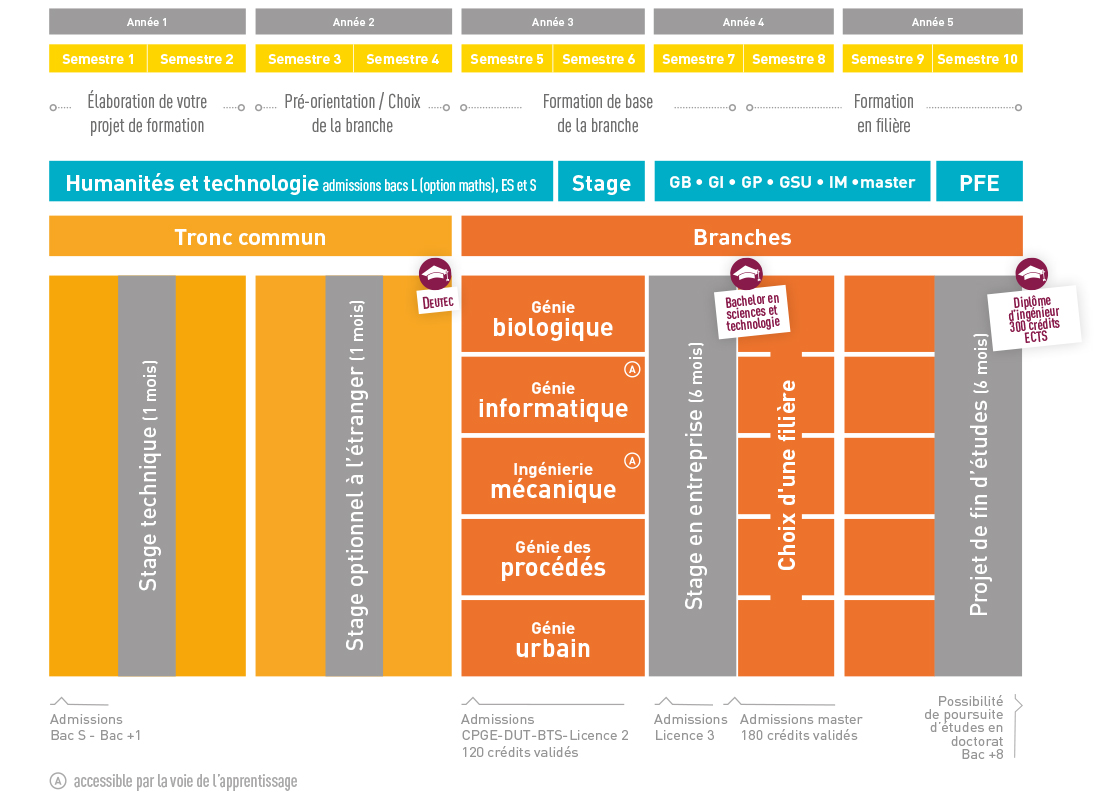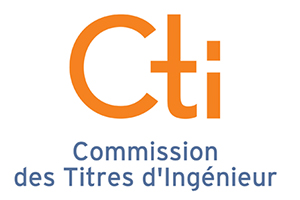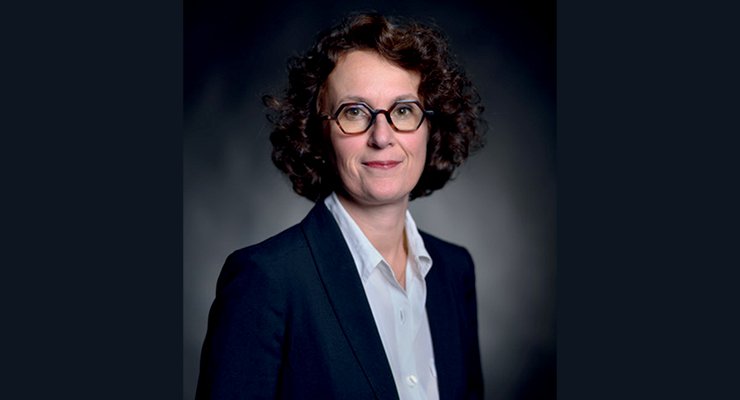Engineering degree
The UTC's studies organisation
Student-engineer courses at UTC
In order to achieve its training objectives, UTC has instated a flexible pedagogical scheme which enable the university to constantly adapt its offer to meet the new needs and expectations expressed by enterprises and by Society.
The 5 year cursus is subdivided into 10 semesters each 16 weeks long. The studies are arborescent – an initial core programme followed by the elective engineering majors.
For each semester, students have an open choice among a number of Credit Courses (CCs) that correspond to their level and profile (student can take a maximum 7 CCs/semester)
CCs are grouped under 3 headings:
- Scientific courses (primers or in-depth) ('CS')
- Techniques and methods ('TM')
- Technology, Social Sciences and Humanities ('TSH')
To obtain the engineering diploma, you are required to successfully pass a minimum number of CCs in each category. The UTC engineering diploma is recognized as equivalent to the Master's degree.
Plaquette du diplôme d'ingénieur
En savoir plus sur les UV

The core programme
The courses given in the core programme provide raining in a number of specialty areas as well as in methodology. The time devoted to the core programme also allows you to discover, at first hand, the entrepreneurial world and helps you choose your UTC elective major.
To be admitted to the elective majors after 3 to 4 semester's work, you must have successfully obtained a minimum 102 credits, with a distribution as follows:
- Scientific courses ('CS'): 48 credit points
- Techniques and methods ('TM'): 24 credit points
- Technology, Social Sciences and Humanities ('TSH'): 24 credit points
To be admitted to the elective majors after 5 semester's work, you must have successfully obtained a minimum 120 credits, with the same minimum distribution as above.
Elective majors – Engineering diploma cursus
The overall objective for the 6 majors at UTC is to provide a general and balanced scientific and technological grounding but also open the way to more in-depth training in a specialist area that is in line with the choice you make for your elective major.
UTC's core programme aims at:
- providing general scientific grounding and general professional skills
- developing self-reliance, initiative and responsibility
- providing knowledge about the socio-economic world
- teaching the skills needed for efficient communication (written and oral), in French and on foreign languages, notably English
The specialties
Each major encompasses 3–6 elective specialties.
An elective specialty at UTC aims at:
- providing the specific professional skills needed for a future engineering position,
- encouraging professional insertion.
A 'free-wheel' electives
If you have a career project that is not in line with one of your major specialties, you are allowed to make a 'free-wheel' elective choice; notwithstanding, the choices made must be coherent and compliant with the general principles of UTC engineering training.
The ECTS credit system (European Credits Transfer System)
The ECTS system (Cf. https://en.wikipedia.org/wiki/ECTS) was created to facilitate the international equivalence of European diplomas abroad (in other EU countries). The credit points are calculated as a function of the work-load (main lectures, seminar classes, lab work, placements, research activities, personal work, exam sessions, and the training objectives and skills.
The credit count is as follows:
- 1 credit = 25–30 hours' work
- 1 year = 60 credits representing 1 500 – 1 800 hours' work, i.e., 30 credits/semester
ECTS points constitute a complementary tool (with respect to the diploma) facilitating international student mobility and their admission to other EU HE institutions.
ECTS equivalences
The ECTS certification is granted to HE institutions that comply the mobility principle for their 1st and 2nd cycle programmes.
The ECTS scheme increases the notoriety of these HE institutions in European and other international cooperation schemes, and constitutes a recognition of the equivalence value of European credentials and degrees.
Sending and host institutions co-sign with the students, an exchange agreement that enables recognition of credits obtained (or presented) abroad to follow courses.
La Commission des Titres d’Ingénieur

Toutes les formations d’ingénieur de l’UTC sont habilitées par la Commission des Titres d’Ingénieur.
La Commission des Titres d’Ingénieur est un organisme indépendant, chargé par la loi française depuis 1934 d’évaluer toutes les formations d’ingénieur, de développer la qualité des formations, de promouvoir le titre et le métier d’ingénieur en France et à l’étranger.
Les missions de la CTI comprennent :
- l’évaluation et l’accréditation de toutes les écoles d’ingénieurs françaises qui souhaitent être habilitées à délivrer un titre d’Ingénieur diplômé. Sur avis de la CTI, l’habilitation des écoles publiques est donnée par le ou les ministres concernés. L’habilitation des écoles privées est donnée par le ou les ministres concernés sur décision de la CTI.
- à leur demande, l’évaluation et l’accréditation des établissements étrangers délivrant des diplômes et titres étrangers d’ingénieur. L’avis résultant de l’accréditation peut notamment donner lieu, sur la demande des gouvernements concernés, à l » » Admission par l’État » de ces diplômes et titres. Celle-ci est formulée par le ministre chargé de l’enseignement supérieur.
- la formulation d’avis sur toutes questions concernant les titres d’ingénieur diplômé. La CTI élabore en particulier les critères et procédures nécessaires à l’accomplissement de ses missions et notamment à la délivrance du titre d’ingénieur. Elle contribue à l’amélioration continue des formations d’ingénieurs et à leur intégration dans l’espace européen et international.
La CTI peut, selon la loi, mener toute investigation dans un établissement de formation d’ingénieur, conformément à la nature de ses missions. Ainsi, de par ses missions et compte tenu de sa composition, de son expérience et de ses visites régulières dans les écoles, la CTI s’assure de la qualité des formations d’ingénieur et de leur adaptation permanente au contexte européen et international, académique et professionnel, et en apporte la garantie.



